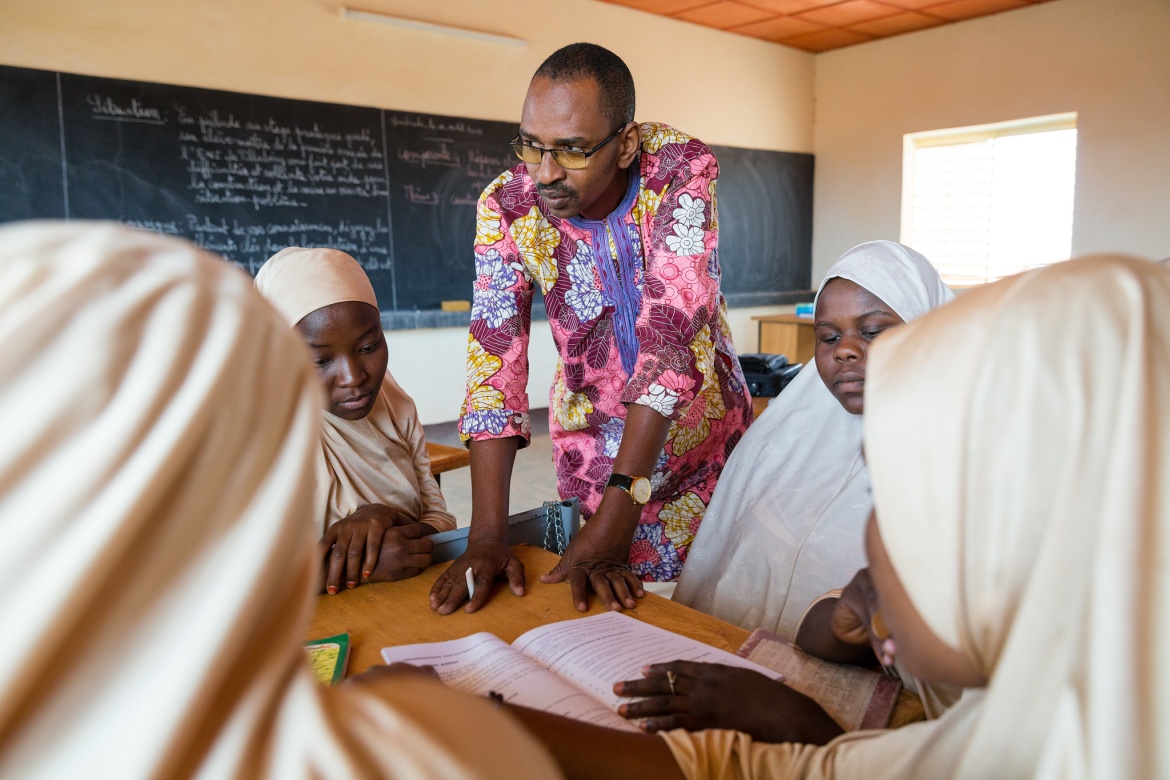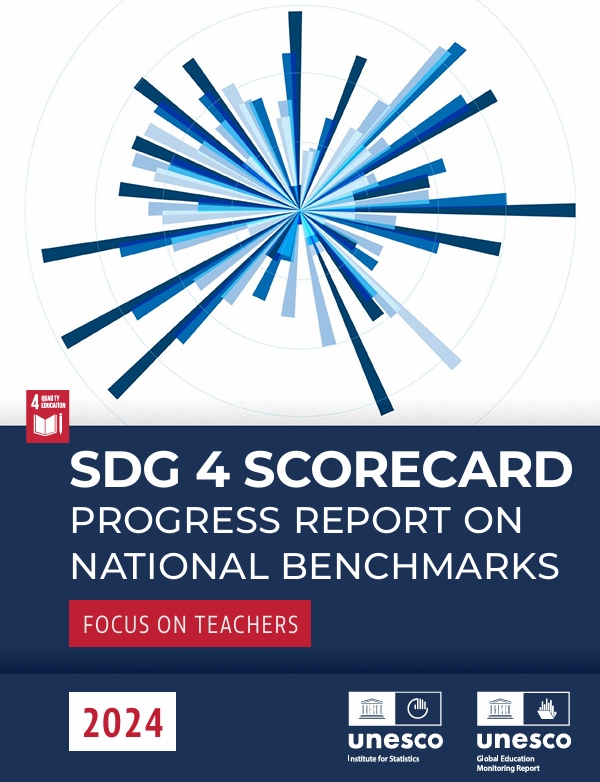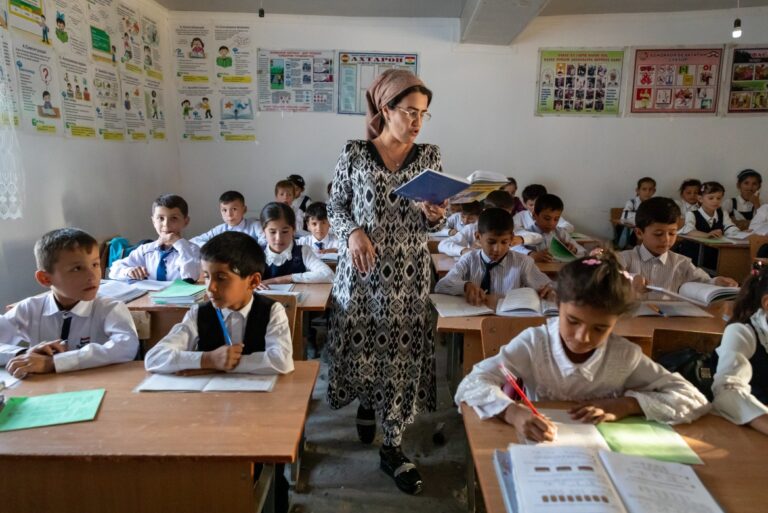As a new school year kicked off in many countries, the media was flooded with stories of a growing crisis of teacher shortages, with even the most dedicated and passionate educators growing tired of the lack of support, resources and recognition. A new report looks at trends in the teaching profession around the world and makes recommendations for improvement.According to the latest calculations carried out by the Teacher Task Force and UNESCO, released to coincide with World Teachers’ Day, recent data show that sub-Saharan Africa alone needs to recruit 16.5 million more teachers in order to reach the education goals by 2030.
This means 5.4 million new teachers are needed in primary and 11.1 million in secondary education, in order to meet the needs of the growing school-age population in the region, and to mitigate growing numbers of out-of-school children.
Some of the biggest challenges are in the Sahel, including Niger and Chad, which need to double their primary teacher workforces to meet the goals.
In Southern Asia, despite progress in some countries, a substantial shortfall of seven million teachers remains: 1.7 million teachers will be needed in primary and 5.3 million in secondary education. This is nevertheless a considerable reduction from earlier projections.
The lower primary level teacher projection may be attributed to progress towards universal primary education in Bangladesh and India, as well as to declining birth rates.
Elsewhere in the region, in Afghanistan and Pakistan, the annual growth rate of primary teachers would have to increase by about 50% or more than 10 % annually to achieve universal primary education by 2030.

COVID-19 merely exacerbated the existing teacher crisis
COVID-19 has been blamed for some of the shortfalls – with poor health or pandemic-related stress pushing teachers out of classrooms. But we know that COVID-19 was just the tipping point – and has served to worsen shortages that were already starting to become a problem before the pandemic.
Teachers leaving the profession – teacher attrition – is a major concern facing the profession with serious implications for learning. A Guardian article reports that 44% of teachers in England plan to quit in the next five years, with most blaming their heavy workload, while in New South Wales, Australia, a survey of 8,600 teachers found that more than half are planning to leave the profession in the next five years.
Teacher attrition has many causes, including a lack of financial incentives, poor working conditions, high workloads, lack of preparation, little autonomy, poor administrative support, poorly designed classrooms and a lack of teaching resources.
Emigration in search of better opportunities is also a source of attrition. In France, a recent study found that, in the 1980s, a beginning teacher was earning 2.3 times the minimum wage. Today, this is equivalent to just 1.2 times.
In underserved regions and crisis contexts, already-challenging teaching conditions are made worse by a lack of qualifications and professional development opportunities for teachers and by inequitable forms of deployment that appoint the least qualified and experienced teachers to the areas where the best are needed.






